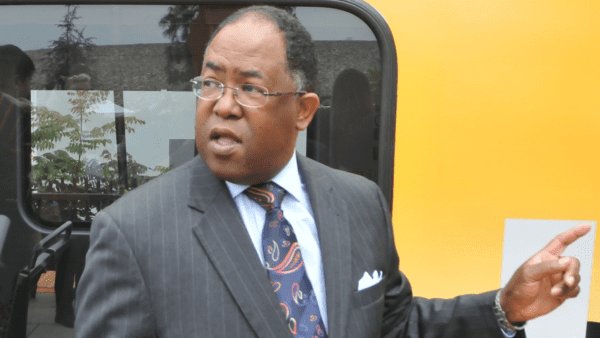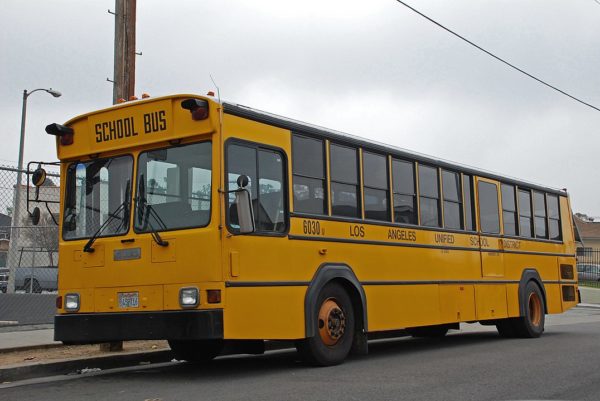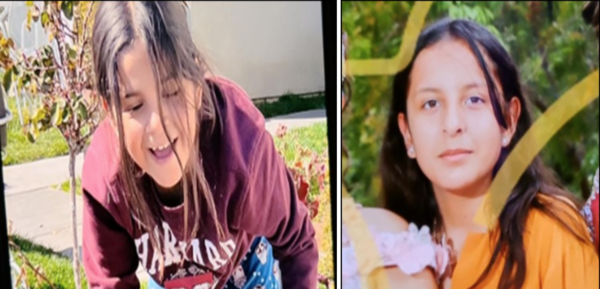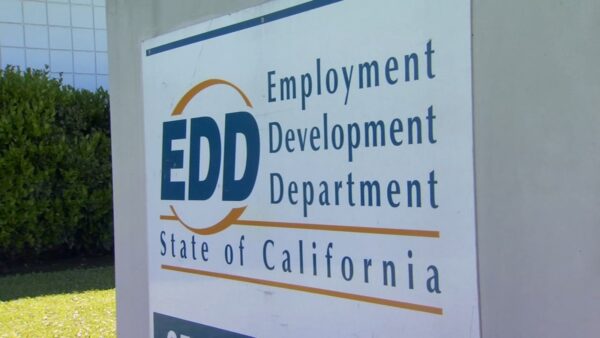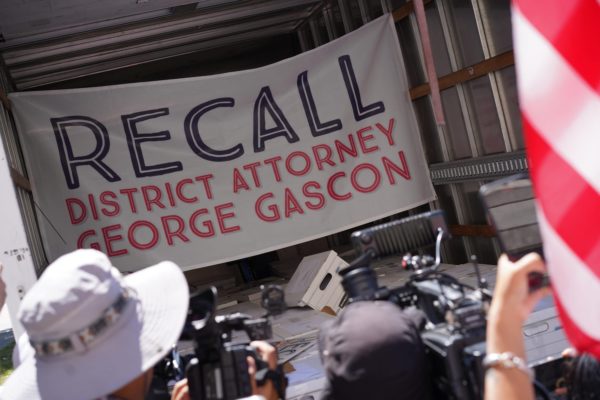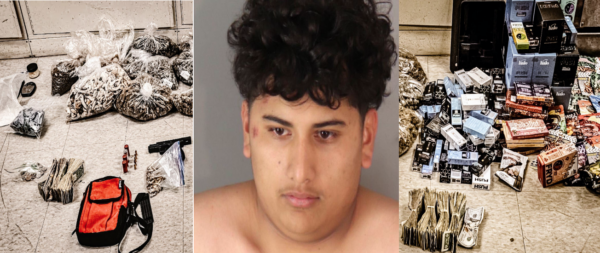By Fred Shuster
Suspended Los Angeles City Councilman Mark Ridley-Thomas sold his vote while serving as a county supervisor for a series of benefits for his son, a federal prosecutor told a downtown jury Thursday, but a defense lawyer countered that nothing the longtime politician did was illegal.
“This was a case about power, privilege and lies,” Assistant U.S. Attorney Lindsey Greer Dotson said in her closing argument, telling jurors that the trial dealt with “one of the most powerful politicians in Los Angeles who leveraged his power — and all the lies he told to cover it up.”
Ridley-Thomas, 68, of South Los Angeles, faces 19 federal counts, including conspiracy, bribery, and honest services mail and wire fraud. He has denied any wrongdoing.
Daralyn Durie, one of Ridley-Thomas’ lawyers, told the panel in her argument that the government’s case against her client “was fundamentally about optics” and that the investigation was “not thorough enough.”
“I don’t think the evidence that was presented by the government was the whole story. I think they left out some pretty important pieces,” Durie said.
Ridley-Thomas — then a member of the Los Angeles County Board of Supervisors — is accused of routing county contracts to the USC School of Social Work in exchange for benefits to his son.
Prosecutors alleged that Ridley-Thomas in April 2018 arranged for the former dean of the school, Marilyn Flynn, to funnel $100,000 from his campaign account through the school to a nonprofit operated by his son, Sebastian, who had recently resigned from the state Assembly amid a sexual harassment probe.
Prosecutors contend the politician wanted to provide the money to support his son’s nonprofit, but didn’t want the funds linked to him or his campaign. So he agreed to provide the money to Flynn, who sent $100,000 in university funds to the nonprofit, known as the Policy, Research & Practice Initiative.
Flynn and Ridley-Thomas concealed the arrangement from USC, knowing it would have violated university policy, prosecutors said.
“If you’re going to bring charges, you better be right and you better do your homework,” Durie said in her summation. “What happened at USC was legal.”
Flynn pleaded guilty in September to one count of bribery, admitting that she agreed to steer money from the then-supervisor to Sebastian’s nonprofit.
But defense attorney Galia Amram said in her opening statement two weeks ago that there was no quid pro quo arrangement involving Flynn and Ridley-Thomas.
“Funneling the money was legal under campaign finance law,” Amram told the jury, adding that none of the $100,000 “went into Sebastian’s pocket.”
She told the panel that “the way it looks … does not make it illegal.”
Dotson on Thursday said Ridley-Thomas “monetized” and abused the power of his office and lied to cover it up in order to give his son an alternate story for why he resigned from the Assembly — and save the family name.
Ridley-Thomas “put his hand out and asked for a reward for just doing his job,” Assistant U.S. Attorney Michael Morse said in his rebuttal argument.
The veteran politician “solicited, demanded, accepted, or agreed to accept a thing of value” from Flynn, he said.
Prosecutors said that in exchange for Flynn arranging Sebastian’s admission to USC, a full-tuition scholarship and a paid professorship, the father delivered on his end of the bargain. As a supervisor in 2017 and 2018, he voted on three county proposals that Flynn had sought to shore up her school’s shoddy financial situation, including a vote approving a lucrative amended Telehealth agreement with the USC School of Social Work, prosecutors contend. He also allegedly sought to influence key county decision-makers associated with the approvals and made sure Flynn knew of his efforts.
The defense attorney, though, insisted that two of the three contracts were approved by the board before Sebastian even heard he was the subject of a sexual harassment probe, and the third was a project Ridley-Thomas had already planned to support.
At the conclusion of her two-hour closing argument, Durie asked the jury to acquit the defendant, and “return this man to his home and his work and his community.”
Flynn has admitted helping to disguise and funnel $100,000 from Ridley-Thomas’ campaign account through the school to another nonprofit, United Ways of California, for the benefit of the new nonprofit initiative founded by Sebastian, according to her plea agreement.
By funneling the payment through USC, Ridley-Thomas and Flynn attempted to disguise the true source of the payment to make it appear as though USC, not the then-supervisor, was the generous benefactor supporting his son and PRPI, prosecutors say.
Ridley-Thomas was suspended from the City Council following his October 2021 federal indictment.
Flynn, 84, of Los Feliz, is scheduled to be sentenced on June 26.
Sebastian became a professor of social work and public policy at USC — despite lacking a graduate degree. He was later terminated over questions about his original appointment and concerns by the university over the $100,000 donation. He also obtained a full-tuition scholarship and graduate school admission, court papers show.
Flynn was dean of the USC School of Social Work for 21 years until her departure in 2018. She had originally been facing the same slate of federal charges as Mark Ridley-Thomas.
Ridley-Thomas is a giant figure in local politics, previously serving on the Los Angeles City Council from 1991-2002, then serving in the state Assembly and state Senate before he was elected to the powerful county Board of Supervisors in 2008, serving until 2020, when he returned to the City Council.
He has a doctorate in social ethics from USC and spent 10 years as executive director of the Southern Christian Leadership Conference of Greater Los Angeles, beginning in 1981.
The prosecution’s rebuttal argument is expected to conclude Friday morning before the case is handed to the jury for deliberations.

